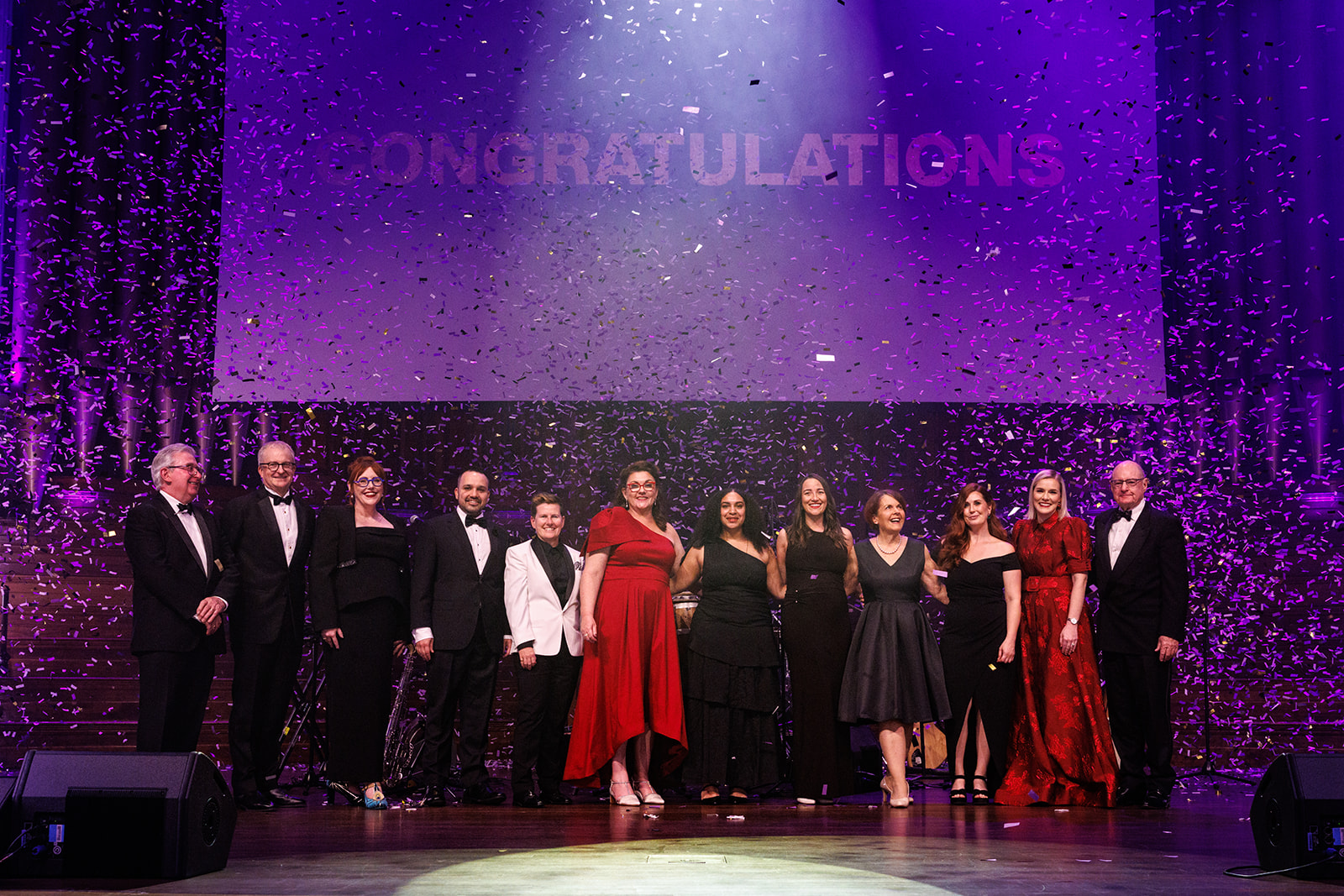We reached out to Shelly Brown, Lawyer at Catton & Tondelstrand Family Lawyers, and the Queensland Law Society ‘Graduate Lawyer of the Year’ award winner for 2025, and Christine Conn, Queensland Law Society ‘First Nations Student of the Year’ finalist, now in her fifth year of a Bachelor of Laws (Honours) / Bachelor of Business (Accountancy) to get their thoughts on this topic.
The key message from Shelly is “Not everyone will secure a clerkship, but that doesn’t mean your summer can’t be career-building.”
Q. Shelly, so how can students best make use of their time over summer?
A. “One of the best things you can do, from my experience, is volunteer at a community legal centre. You’ll gain hands-on experience with clients—sitting in on interviews, drafting letters, and seeing firsthand how the law affects people’s daily lives, often those who are most vulnerable. Because resources are often limited, you may also have the opportunity to assist with work that many firms would usually reserve for later stage graduates.
At the same time, think broadly about what makes a good lawyer. Communication, organisation, client service, and interpersonal skills such as active listening, and teamwork can be developed in almost any job — whether it’s retail, hospitality, or government work.
I think the key is to show that you used your summer to grow, even without a clerkship. In my experience employers notice people who take initiative, develop transferable skills, and keep finding ways to learn.”
Shelly’s sentiment is echoed in the advice from Christine “Line up work experience in as many different areas as you can. It’s a bit of a catch 22, but in my experience, work experience is the best thing to increase your employability. Look online for internship opportunities, or reach out to barrister’s chambers to see if you can shadow a barrister”. Christine believes each of her legal experiences has prepared her for the next.
Q. Christine, how can students get the most out their work experiences?
A. “Be a sponge. Listen to the conversations happening around you, even if you are not directly involved in them. I’ve learned so much from just being observant and watching the way lawyers talk strategy, manage clients, and interact with other stakeholders like the court or the opposition. When it’s finally your turn to do one of those things, you might have a better idea about how to go about it.
Say yes to everything (or as much as you can fit on your plate). Don’t dig yourself into a swamp of work that you’ll never be able to get done, but if you can do something, say yes. If you don’t know how to do it, say yes but ask for an example. The best way to learn is by doing.
Ask for opportunities. People generally want to help and are usually impressed when you ask to be involved. If you hear lawyers talking about a court appearance or a client conference, ask to tag along and take notes. In most cases, an extra pair of hands is appreciated. If for whatever reason you can’t help in that instance, stay keen, and ask to come along to the next one.
Q. Christine, how have your work experiences shaped you, and how have your personal and lawyering skills developed as a result?
A. I’ve heard from many law graduates about how different practice is to university, and that starting their legal career felt like starting from scratch despite completing a whole law degree. By completing legal work experience throughout my degree, I feel like I have a head start on the skills that I’ll need to develop as a law graduate.
I have noticed the biggest improvement in my communication skills since working around lawyers. While we work a lot on written communication at university, there was (and still is) lots to learn about oral communication. In my experience, giving presentations in class only goes so far. I’ve found tasks like calling clients to seek instructions or speaking with colleagues about strategy the best way to improve my oral communication skills.
We’ve all heard the horror stories about billing your time as a lawyer. This is something that I hadn’t learned about at university and did not know what it was until getting work experience in a firm. Whether we like it or not, it’s a huge part of being a lawyer. Getting to work with time recording software or simply just learning about the types of tasks that are billable has been a huge help, and I feel more prepared to deal with time recording as a lawyer.
The best part about completing legal work experience for me has been the relationships I have formed along the way. Working alongside experienced lawyers and support staff has given me mentors who not only teach the technical skills, but model how to be a stellar practitioner. Supervisors who have taken the time to explain legal concepts or share feedback about my work have taught me than a textbook can. These relationships and networks have been just as valuable as the legal skills I have developed along the way. These are also people that I know I can call on throughout my career for guidance.
A huge thanks to Shelly and Christine for sharing their experiences with us.
